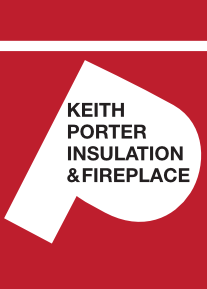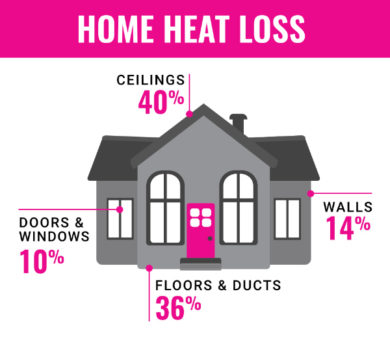Insulation 101: Reasons to Insulate Your Home
Although insulation is an important element of building, it is often the least understood. Many people aren’t aware of the multiple places energy is lost in a home. As an Owens CorningTM Certified Energy Expert®, we understand the science behind the building envelope. So, you can turn to Keith Porter to learn more about insulating your home.
Why Should I Insulate My Home?
There are many reasons to insulate a home. Insulation is one of the most cost-effective ways to save energy and reduce monthly energy bills. Whether you are remodeling a home or building a new business, there are many reasons to insulate your home:
- Increased, more consistent interior comfort all year long
- Reduced energy usage
- Lower heating and cooling costs
- Less wear and tear on HVAC equipment
- Reduced noise transmission for a quieter space
- Improved air quality
- Reduced moisture intrusion
- Less overall environmental impact





